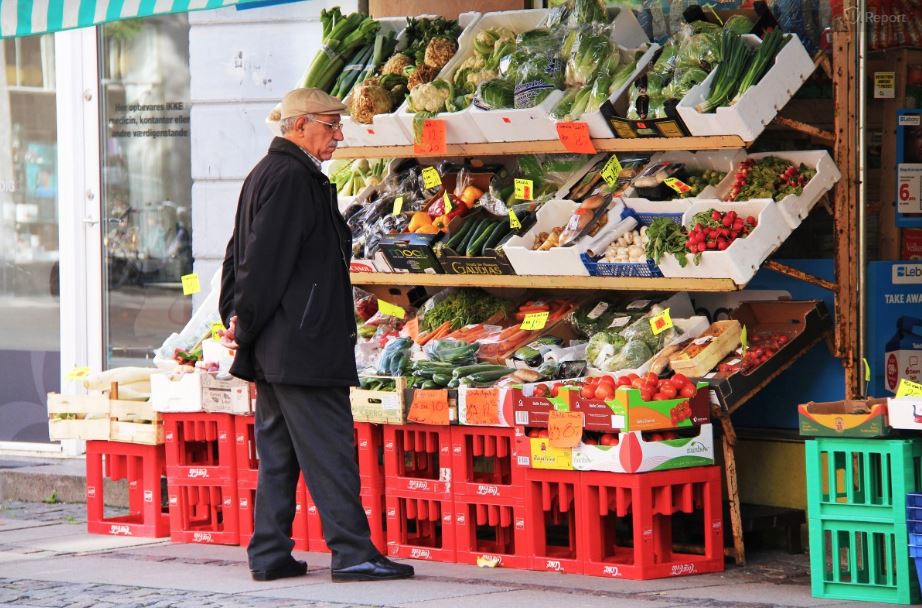When I was a boy in Boonville, North Carolina, population 600 in the early 1960s, my mom used to take us shopping a couple of times a year in nearby Winston-Salem. Once I asked her why we didn’t shop there more often. The stores offered far more variety, and Winston was less than forty-five minutes away.
“Boonville is our town,” Mom said. We shop in Winston when we can’t find what we want here. These are our friends and neighbors, and your dad’s patients. They need us, and we need them. So we shop here first.”
So a housewife and mother of six gave me one of the most important economic lessons of my life.
Here are nine reasons for shopping locally, not only during this holiday season but also throughout the year.
1. More of the money you spend stays in your community. For every $100 you spend in your community, $68 stays there. The merchants pay out the rest for goods and services. This is twice the amount for chain stores. There is, of course, even a greater disparity when you give your business to outfits like Amazon.
2. The velocity of money—how quickly and how often money changes hands—is much faster on a local level. According to joshuakennon.com, “All else equal, the faster money travels (the higher the velocity of money) and the more transactions in which it is used, the healthier the economy, the richer the citizens, and the more vibrant the financial system.” An example: Jack owns an auto repair shop. He heads to lunch at the local café. The waitress Jack and others tip goes to the manicurist in the late afternoon. The manicurist stops at the market to buy food for the weekend. The grocer uses that money and more to buy a new tire on his van from Jack. This fast exchange of money is a sign and a cause of a vibrant economy.
3. Buying local creates jobs and opportunities. With more customers, that craft shop on Main Street will hire more help. The café next door will enlist more wait staff. A young entrepreneur sees a bustling community of small shops and decides to open that bakery she’s always dreamed about. Consequently, the taxes of these workers and others will help pay for the wages of another fireman for the town.
4. Buying local allows you to build a rapport with small-business owners. The owner of the coffee shop asks about your son serving in the Marines; the waitress at the café remembers where you like to sit and what you like to drink. In short, your patronage helps create a community.
5. Shopping local increases real-estate values. Small towns with shuttered stores and deserted streets are unlikely to attract homebuyers. Towns and communities with active small shops, businesses, and restaurants appeal to those same homebuyers.
6. Local business folks are civic-minded. They are connected to the community, and are much more likely to donate to charities, coach Little League teams, and work to improve their neighborhoods. Non-profits also receive more support from local businesses.
7. Local businesses invest their money in the community. This occurs through buying or renting property, or using local services ranging from barbershops to boutiques. That money they spend stays in the community rather than going to some outfit a thousand miles away.
8. Local businesses pay taxes on property and income. A flourishing commercial district means each of these businesses is helping pay for local schools and other vital projects.
9. Finally, these folks are your neighbors. Like you, perhaps, they are struggling to make a living, get the kids through school, keep the house standing, and the ten-year-old car alive and running. Buy from them, and you’re creating a stronger community, for the merchants and for yourself.
Of course, shopping locally doesn’t always work, as my mother realized. If you want certain books and your town has no bookstore, then you head to Amazon or the nearest Barnes & Noble. (If possible, choose the latter, where at least the staff is local.) If you need some rare wine and your local market doesn’t carry that brand, then the same advice applies.
But this option should be a last resort.
Remember: if you want to keep Main Street alive with shops and people, the best way to do so is to spend your money there.
Give it a shot.
Shop where you live.
—















